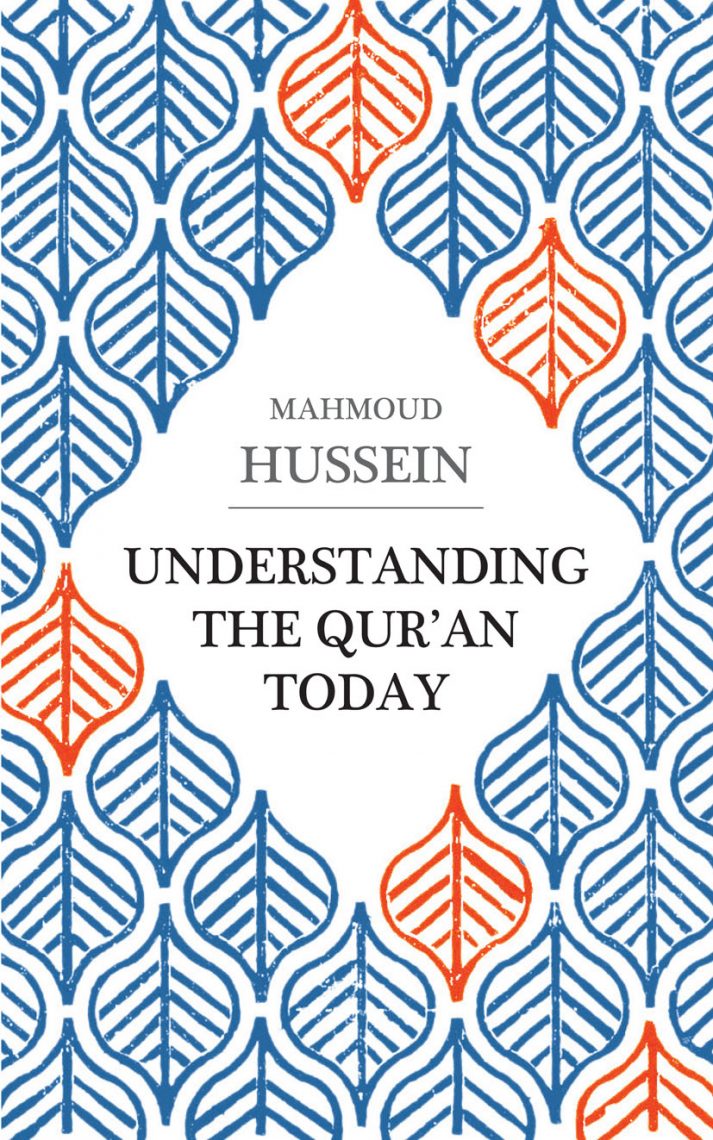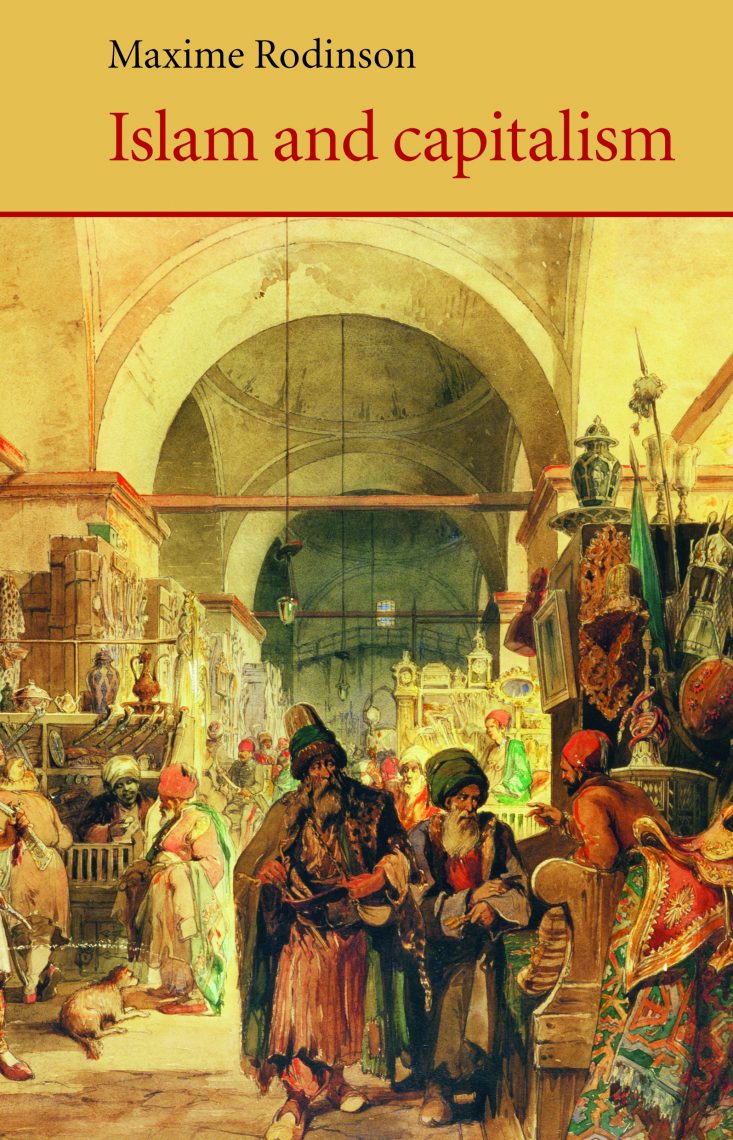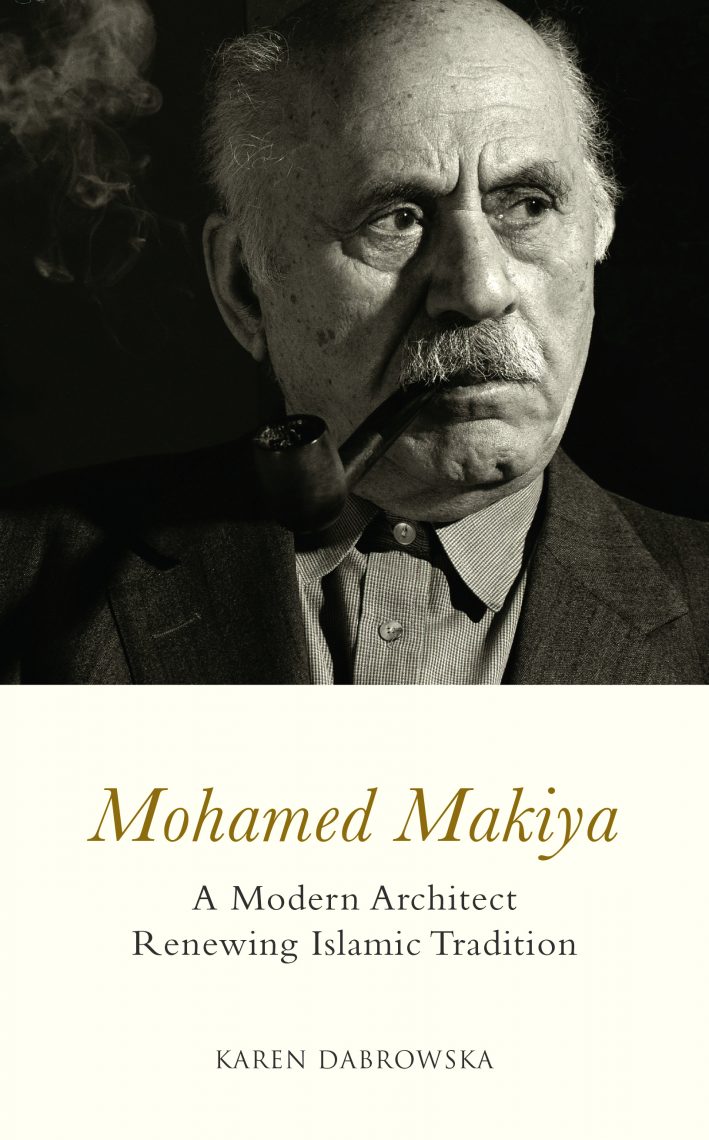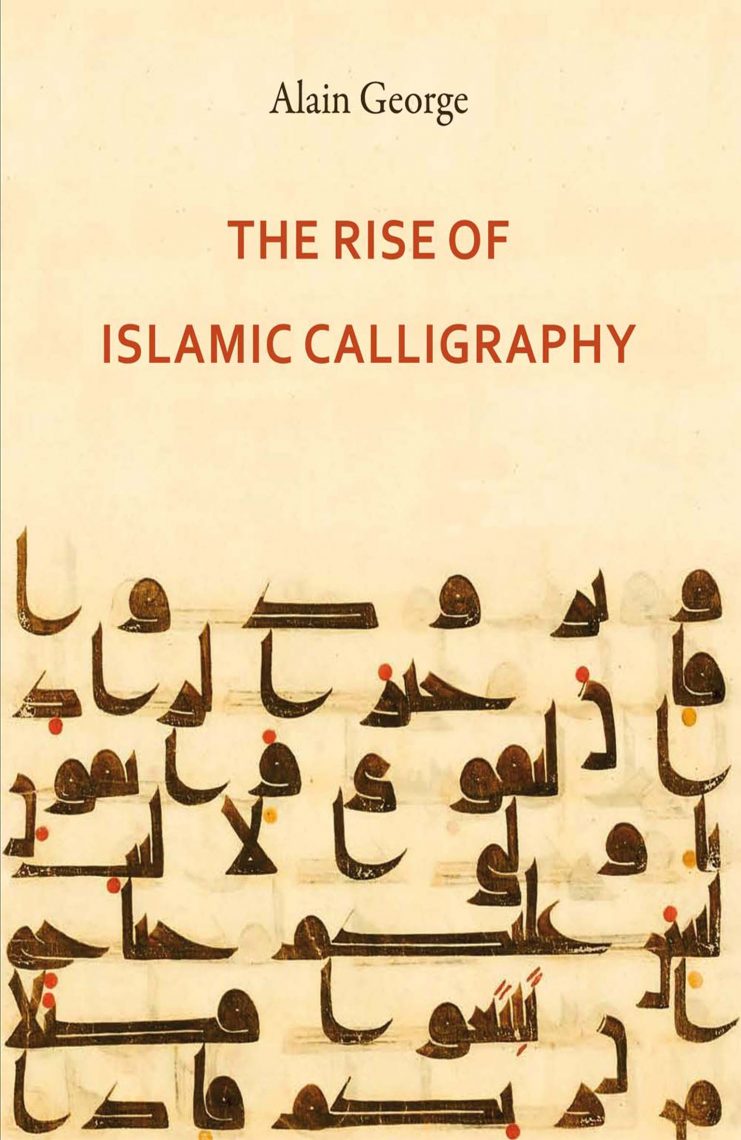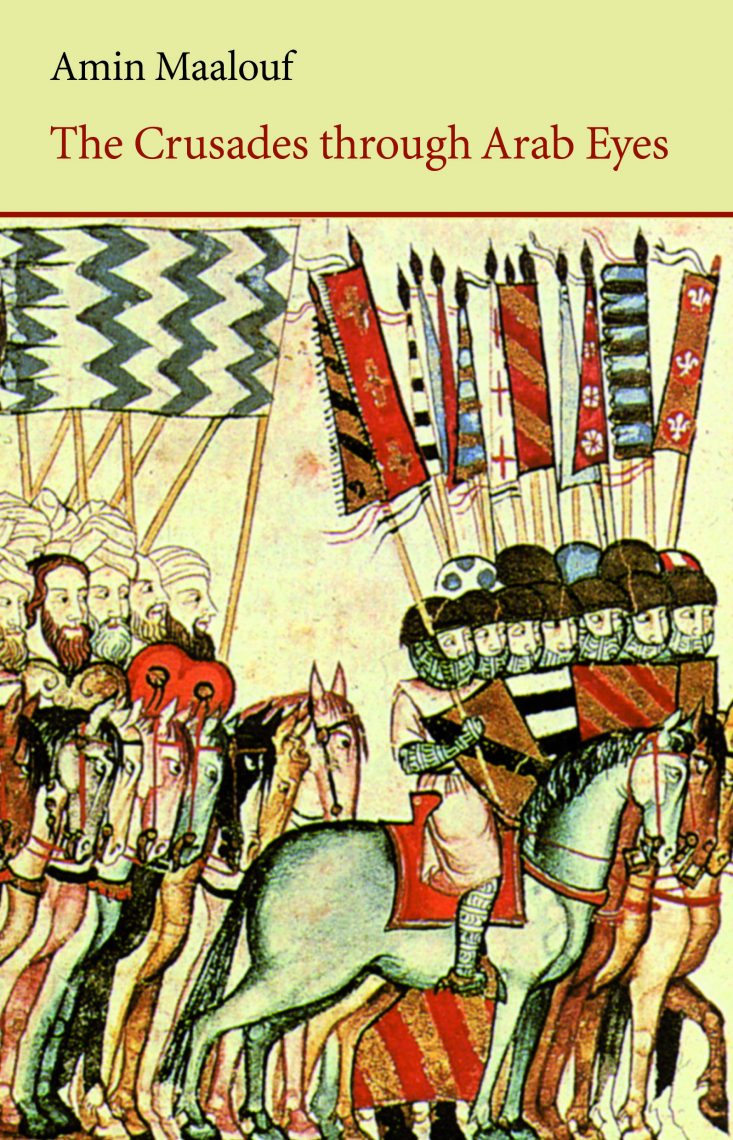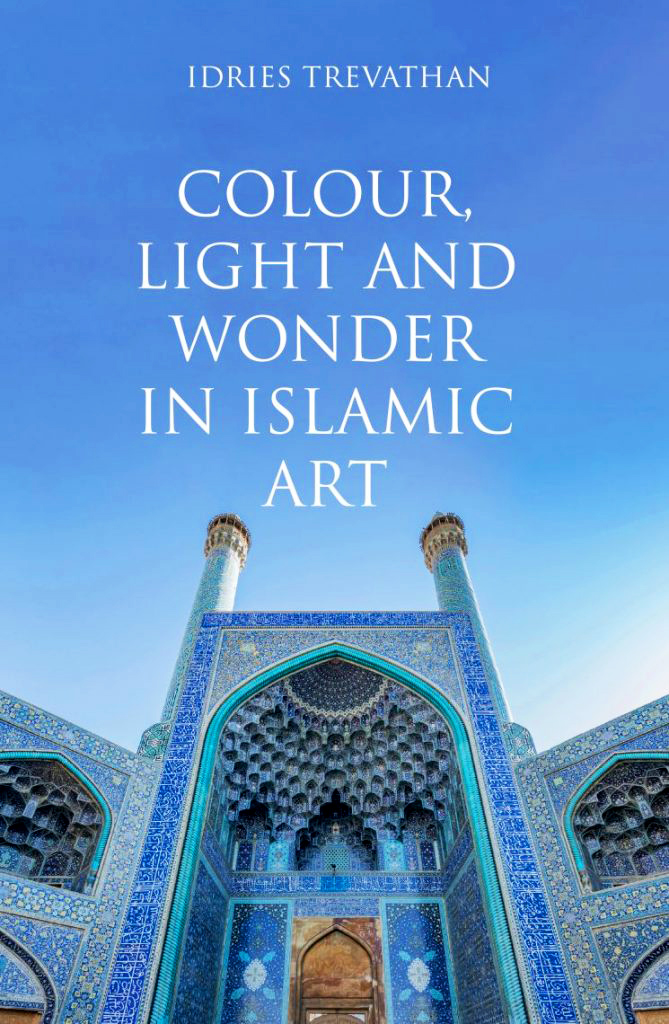
Colour, Light and Wonder in Islamic Art
About the Book
The experience of colour in Islamic visual culture has historically been overlooked. In this new approach, Idries Trevathan examines the language of colour in Islamic art and architecture in dialogue with its aesthetic contexts, offering insights into the pre-modern Muslim experience of interpreting colour.
The seventeenth-century Shah Mosque in Isfahan, Iran, represents one of the finest examples of colour-use on a grand scale. Here, Trevathan examines the philosophical and mystical traditions that formed the mosque’s backdrop. He shows how careful combinations of colour and design proportions in Islamic patterns express knowledge beyond that experienced in the corporeal world, offering another language with which to know and experience God. Colour thus becomes a spiritual language, calling for a re-consideration of how we read Islamic aesthetics.
About the Author
Idries Trevathan is a curator and conservator with more than a decade’s experience working with Islamic art collections in the Muslim world and beyond, including the Islamic Arts Museum in Malaysia. Trevathan works regularly on conservation projects and has conducted technical and aesthetic colour studies on a range of Islamic art objects, including the Malay Qur’an manuscripts, Damascene reception rooms and Ottoman porticoes in the grand mosque in Mecca. Trevathan trained as an art conservator at the City & Guilds of London Art School and earned a PhD in colour in Islamic art from the Prince’s Foundation School of Traditional Arts, London. His achievements have been recognised by numerous awards, including the National Association of Decorative and Fine Arts Societies Prize for Research, the Hamad bin Khalifa Scholarship, the Zibby Garnett Fellowship and the Knights of the Round Table Award.
Reviews
‘This book is an important contribution to the study of Islamic art, revealing the deeper symbolic significance of the use of colour and light. Idries Trevathan brings out with admirable clarity the metaphysical and cosmological meanings of colour and light beyond their decorative function.’ Seyyed Hossein Nasr, George Washington University
‘Every student of Islamic art should read this book. It brilliantly brings together pre-modern Islamic theories on colour with contemporary theories and scholarship. Much more than mere art history, this tour de force compares the theoretical literature on colour with the process of creating colour and the application of colour in art. Highly recommended.’ Samir Mahmoud, Lebanese American University
